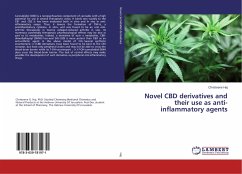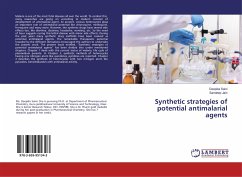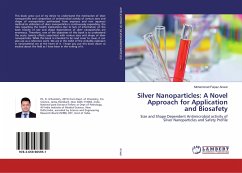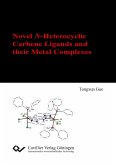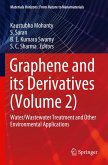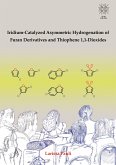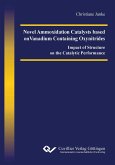Cannabidiol (CBD) is a nonpsychoactive component of cannabis with a high potential for use in several therapeutic areas. It binds very weakly to the CB1 and CB2. It has been evaluated both in vitro and in vivo in anti-inflammatory assays. Thus, it lowers the formation of TNF- , a proinflammatory cytokine, in vitro, and was found to be an oral anti-arthritic therapeutic in murine collagen-induced arthritis in vivo. Its numerous potentially therapeutic pharmacological effects may be due in part to its metabolites. Indeed, a derivative of such a metabolite, CBD-dimethylheptyl (DMH)-7-oic-acid (HU-320) is more potent than CBD as an anti-arthritic agent in the above model of CIA. Several synthetic enantiomeric (+)-CBD derivatives, have been found to be bind to the CB1 receptor, but have only peripheral action and may not be able to cross the blood-brain barrier while its 7-OH-counterpart , (+)-7-OH-cannabidiol-DMH does cross the blood-brain barrier. The lack of central effects may make possible the development of such derivative as peripheral anti-inflammatory drugs.
Bitte wählen Sie Ihr Anliegen aus.
Rechnungen
Retourenschein anfordern
Bestellstatus
Storno

